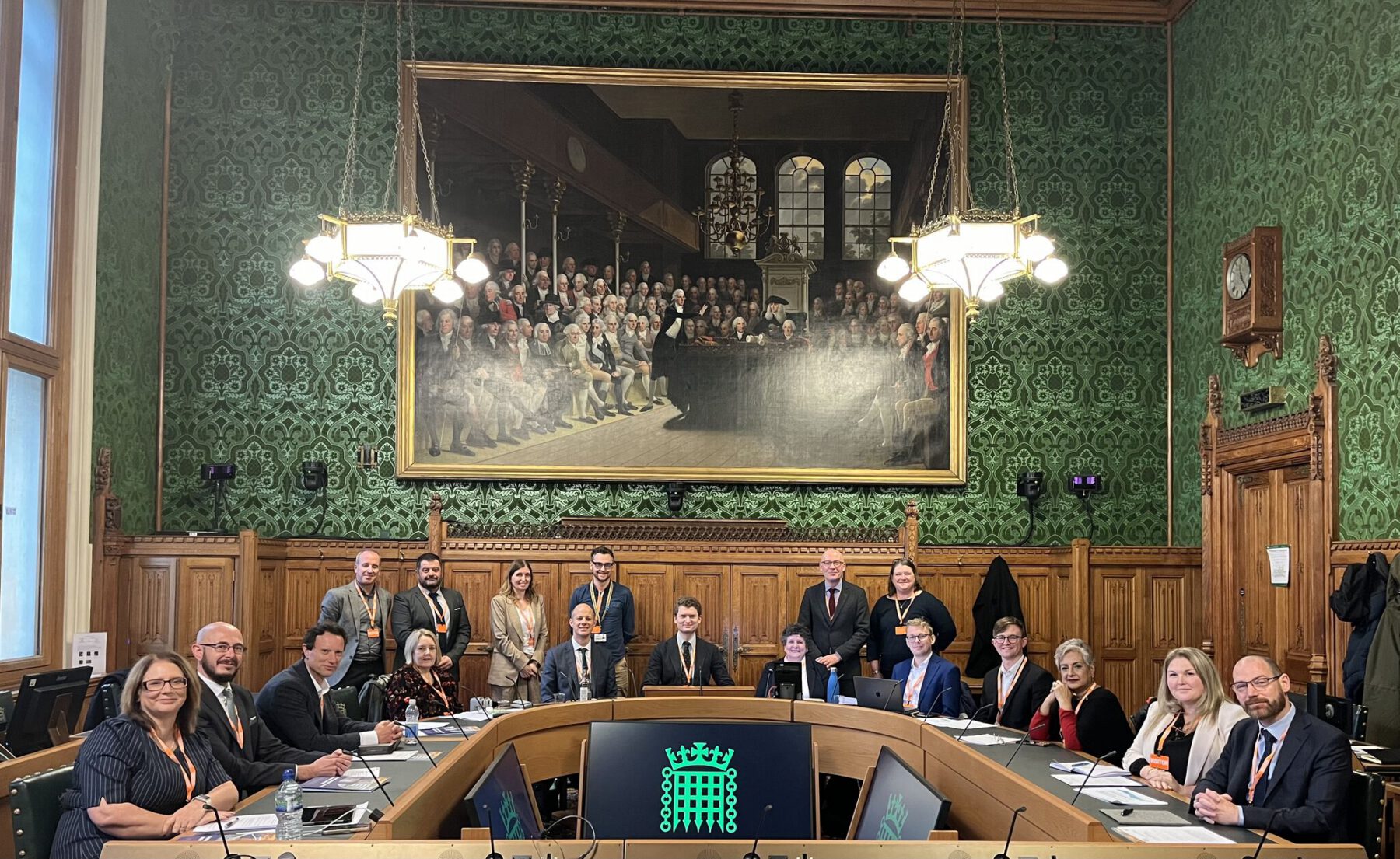What is the Labour government’s stance on ATech, and how can we answer that question when the words ‘Accessible Technology’ didn’t appear in their election manifesto?
Whenever I meet with a parliamentarian to discuss ATech, I like to imagine that they have just come from an intense briefing session on fertiliser regulation. It helps me maintain an awareness of the vast range of issues and topics that politicians work on, and that’s a good reminder to avoid jargon or acronyms when I talk about disability and tech. But most importantly, when we reflect on the number of pressing challenges the UK faces, it becomes clear that, for the ATech agenda to gain traction with the Government it must be recognised as critical to advancing major national priorities and missions. We can’t be content with being a niche topic. So, let’s take this mission-orientated approach to assessing what the new Government’s agenda means for ATech.
The famous five
When Labour rolled out their vision for mission-led government early last year it marked the effective start of their campaign for office. Now in power, the party wants to be judged on the progress the country makes toward these five objectives. Of these, the most significant for the ATech agenda are:
1) Kickstart economic growth to secure the highest sustained growth in the G7 – with good jobs and productivity growth in every part of the country making everyone, not just a few, better off.
4) Break down barriers to opportunity by reforming our childcare and education systems, to make sure there is no class ceiling on the ambitions of young people in Britain.
5) Build an NHS fit for the future that is there when people need it; with fewer lives lost to the biggest killers; in a fairer Britain, where everyone lives well for longer.
Break down barriers to opportunity
Education
Labour has made the teaching workforce a key focus of its opportunity mission. The Mannisto set a target of recruiting 6,500 teachers, while updating the Early Career Framework and introducing a new Teacher Training Entitlement. The previous government ran two pilots on building teachers’ ATech awareness and skills. The evaluation from the first pilot was highly positive and the second evaluation is likely to be published shortly. The new Government’s planned reforms offer the opportunity to take forward the lessons of the recent pilots and embed ATech awareness and skills within all training and professional development.
Another intriguing plan for education is the creation of Regional Improvement Teams to “spread best practice.” The previous approach of setting up high performing schools as centres of excellence to share their expertise with other schools has had some success (e.g. the Edtech Demonstrator Programme that included positive work on ATech), and the Department for Education has produced valuable resources at the national level (e.g. the digital accessibility standards for schools and colleges). But many have argued that schools are still left isolated as they attempt to manage procurement and adoption of technology. Regional Improvement Teams could be given a role in providing more active support for schools in this area.
Employment
The new government looks set to overhaul employment support. It has committed to devolving funding for both employment support and adult education and skills to local areas. This would require the creation of new, or at least radically scaled-up, employment services across the UK. These reforms offer a once-in-a generation opportunity to design ATech into employment and adult digital skills programmes from the start. Indeed, we might come to see a system in which people receive ATech directly from their local services, with Access to Work playing a complementary role rather than being the only way to get government-funded ATech in the workplace.
Devolution also strengthens the case for national institutions that connect and support local services – helping them get the benefits of localisation without the dreaded ‘post-code lottery’. That’s where the proposed National Centre for ATech could play a vital role supporting these local services – not just in the case of employment and adult skills but across education, health and care, and other services.
Build an NHS fit for the future
The new Health Secretary, Wes Streeting, has perhaps spoken about technology more than any other Labour politician over the past few years. Much of Streeting’s focus has been on medical technology, with a commitment, for example, to establish a fund for procuring new diagnostic scanners. However, the wider narrative – that digital technology will be central to health and care sector reform – opens space for Government action on ATech. To pick just three areas where reforms could be advocated:
- NHS commissioning of ATech still leaves many struggling to get access to the tools they need.
- The NHS could become a trailblazer employer in providing ATech as a workplace adjustment.
- The adoption of smart home tech for adult social care and independent living is already underway but lacks a strategic approach, that includes upskilling the care workforce.
On the last point, while the name of this mission only references the NHS, the relevant section of Labour’s manifesto addresses social care. The commitment to a National Care Service is important here, though it appears unlikely that such a service will be launched imminently; in the nearer term, Labour’s focus on the “principle of ‘home first’” is most likely to create space for positive action on accessible smart home tech.
The health sector also intersects with the education and employment topics that we discussed above – for example the NHS manages job support for people with severe mental illness, and these programmes could make more effective use of technology to break down barriers at work.
Kickstart economic growth
The Labour has committed to the introduction of a new Industrial Strategy that will “take a sectoral approach and be clear-eyed about where the UK enjoys advantages over other countries”. The Manifesto refers to professional services in a list of just four such sectors.
In recent years, tech adoption and digital transformation has become a critical professional service industry – helping organisations develop digital maturity in cyber, cloud and now Generative AI. The ATech transformation and adoption industry – already in existence but not fully mainstream – could be supported to scale as part of an Industrial Strategy. Here again, a Centre for ATech could play a vital role – just as the Centre for Cyber Security has done to develop its sector.
The last government began to take concrete steps to support ATech exports by including both SEND and Education Technology in the international education strategy, and publishing a brochure of UK ATech exporters. But we need a strategic approach to growing the UK’s world-leading ATech sector – delivering economic and social benefits. The sector should look for genuine inclusion of ATech within both technology and professional services sector deals.
Of course, the ATech agenda can’t be contained even within these three (of the five) missions alone. As disabled people, we use ATech in every area of our lives – and there are important issues that are not covered in the above. Yet by keeping our eyes on the government’s key priorities, as well as engaging on a cross-party basis, we can build a consensus around major policy action to drive the ATech agenda, so that technology works for everyone.




